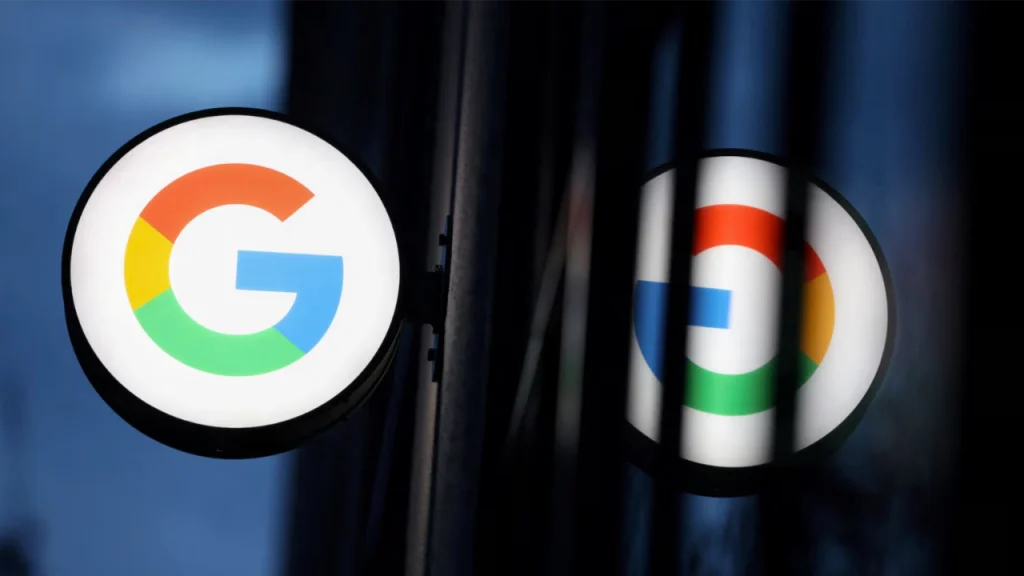- Apple iMessage and Google Messages users reported receiving messages pretending to be government agencies or services
- Authorities previously warned Meta over impersonation scams on Facebook, highlighting a wider push against online fraud
What happened: Police order Apple and Google to block government impersonation
Singapore’s police, under the Home Affairs Ministry, have directed Apple and Google to prevent spoofing of government agencies on their messaging platforms. The move comes under the nation’s Online Criminal Harms Act and follows observations of scams on iMessage and Google Messages where messages falsely appeared to be from organisations such as SingPost, the local postal service.
While government agencies are already registered with a local SMS registry — which ensures that only official accounts can send messages with the “gov.sg” domain — this safeguard does not yet extend to Apple iMessage or Google Messages. Authorities noted that members of the public may mistakenly trust messages that appear to come from official sources, increasing the risk of fraud and misinformation.
In September, Singaporean authorities also threatened to fine Meta Platforms if it did not implement measures, including facial recognition, to prevent impersonation scams on Facebook. This reflects a broader regulatory push to ensure that messaging and social media platforms actively combat scams that target citizens using the identities of government offices or officials.
Also Read: MT Networks accelerates fibre broadband in rural Kansas
Also Read: MTel advances Macau fibre network amid AI and cloud push
Why it’s important
The government’s action highlights increasing concerns over digital trust and the security of communications channels. As more citizens rely on smartphones for personal and official correspondence, the potential for spoofing and impersonation scams rises, making regulation and platform cooperation essential.
By involving major global tech companies, Singapore is seeking to close loopholes in its messaging ecosystem, ensuring that users can reliably identify official communications. The move also signals a growing trend in Asia for governments to collaborate with technology providers to enforce cybersecurity standards and combat online crime.
For Apple and Google, the directive may require updates to messaging protocols, verification processes, and user alerts to prevent fraud, while setting a precedent for other countries facing similar risks.

